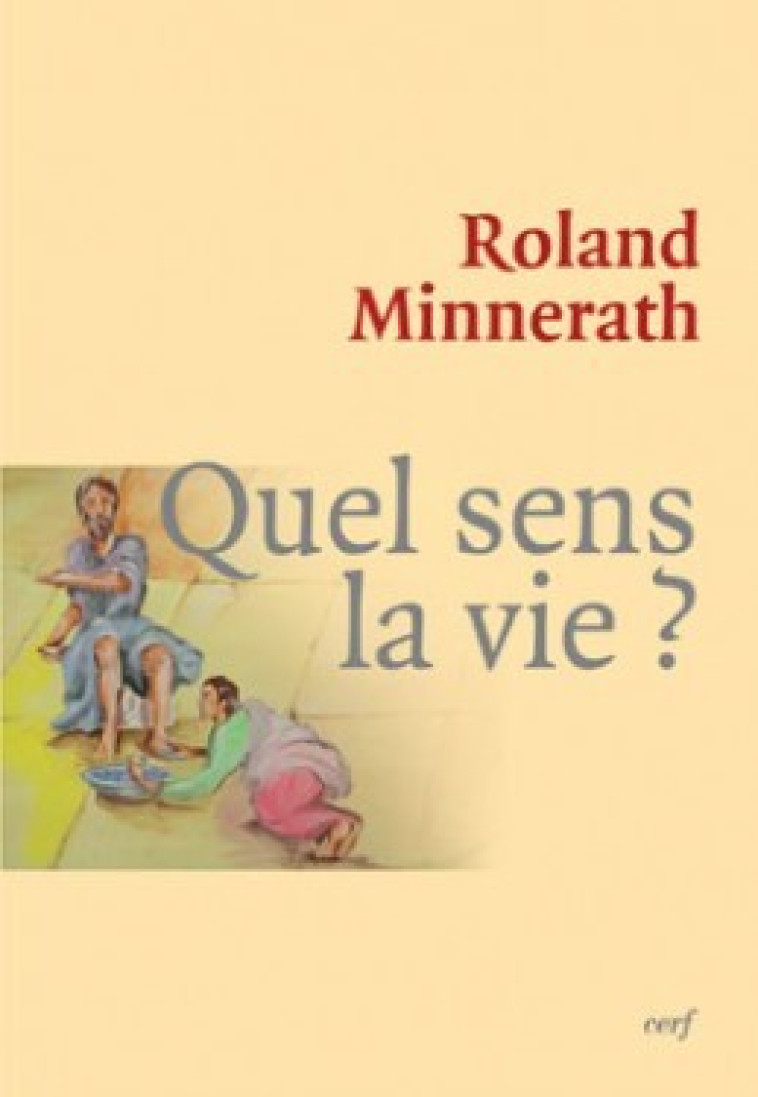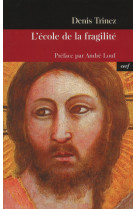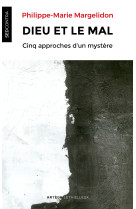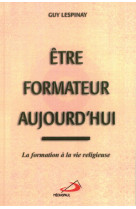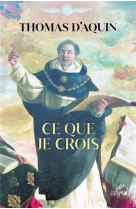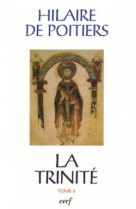Quel sens, la vie ?
Roland minnerath
Dans cet ouvrage, Mgr Roland Minnerath aborde quatre sujets réputés difficiles et qui se situent au coeur de la relation foi et raison : la création, l'âme humaine, la résurrection de la chair, le sens de l'histoire. Ces études ont fait l'objet, en 2006, des conférences de Saint-Bénigne à Dijon, conférences qui ont pour but de montrer que le christianisme est capable d'inspirer une pensée sur l'homme, la société, l'histoire, qui puisse rejoindre l'humanité de l'homme, sa raison, sa sensibilité et son coeur, et qui puisse être partagée, développée et enrichie par tous. Ces quatre études se déploient de l'instant de la création à celui de la transfiguration finale, et se nouent autour de la figure du Christ, homme nouveau, « par qui et en vue de qui tout a été fait » (Col I, 16-17). La révélation biblique nous tourne vers un horizon de sens qui sature notre curiosité tout en l'aiguisant toujours davantage. Elle nous enseigne avec réalisme que ce monde a été voulu par un Créateur pour un but précis : associer la création entière à sa propre vie, par amour. Le dessein de Dieu se réalise dans son Fils épousant notre chair et, avec elle, l'indicible souffrance des créatures. Pour la création entière, passer par la souffrance et la mort est le chemin qui mène à la résurrection glorieuse, où l'Esprit renouvelle toute chose. L'ouvrage montre la pertinence de la foi, qui ne retire pas à la raison et à la science leur autonomie, mais accueille paisiblement la révélation divine. Il insiste sur l'anthropologie chrétienne éclairée par la vision christique de l'homme et de l'histoire. Le propos est concis, solide et très abordable.
--
In this book, Mgr Roland Minnerath treats four reputedly difficult subjects at the heart of the relation between faith and reason: the Creation, the human soul, the resurrection of the flesh, the meaning of history. In 2006, these studies were the subject of conferences from Saint-Bénigne to Dijon, whose aim was to demonstrate that Christianity is capable of inspiring a philosophy of mankind, society and history one that can converge with man's humanity, reason, sensitivity and emotions, and be shared, developed and enriched by all. These four studies span a period from the instant of the creation to the final transfiguration, and come together in the person of Christ, the new man, who is "before all things, and by him all things consist" (Col I, 16-17). The Biblical revelation points us to a horizon of meaning which satisfies our curiosity while constantly kindling it. It teaches us, with realism, that this world was desired by a Creator for one precise purpose: to associate the whole creation to his own life, through love. God's design is realized when his Son assumes our flesh and with it, the indescribable suffering of his creatures. For all creation, to pass through suffering and death is the way to the glorious resurrection, in which the Spirit renews all things. This book reveals the importance of faith, which does not deprive reason or science of their autonomy, but serenely welcomes the divine revelation. It highlights Christian anthropology enlightened by the Christic vision of man and history. The text is concise, well founded and highly accessible.

